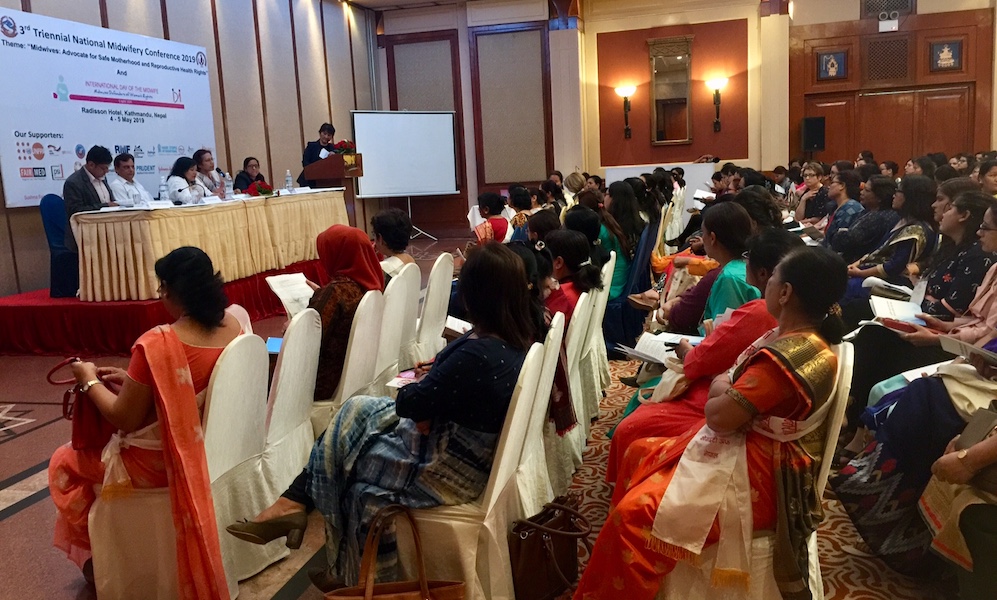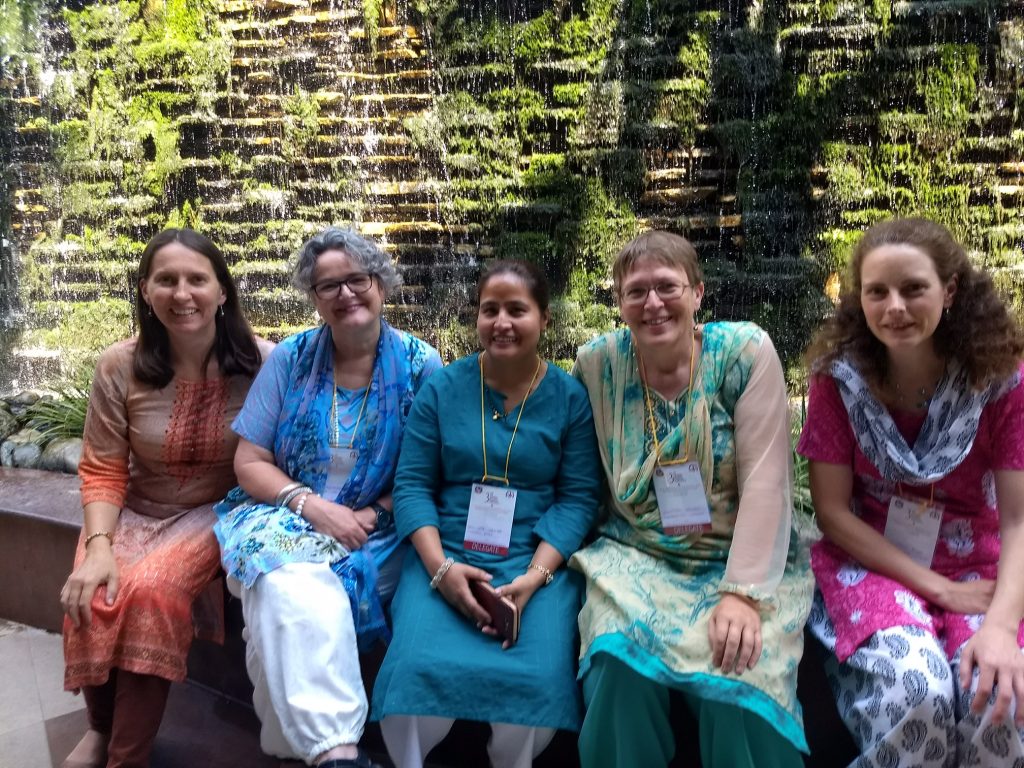Women in remote and rural areas of Nepal can face life and death challenges during pregnancy and labour.
Entrenched societal practices disadvantage young women by leaving them out of the decision-making process – more often led by their mother-in-law or husband. Women may be discouraged from going out in public while pregnant, making it difficult to access antenatal care. Many health posts may also be understaffed, provide inadequate health care and lack necessary equipment.
While huge progress has been made in recent years, mortality rates are still high for both mothers and babies.
INF’s Maternal Newborn and Child Health [MNCH] program is focused on addressing the challenges of access and adequate care. The program strengthens the knowledge and confidence of female community health volunteers and birth attendants.
With this backdrop it is perhaps unsurprising that the midwifery profession has only recently begun growing in Nepal.
Last month on International Day of the Midwife [May 5] four INF staff attended the country’s third ever midwifery conference.
2017 saw the first batch of 12 midwifery trainees begin their studies at Kathmandu University and another six began studying in Jumla at the Karnali Academy of Health Sciences.
“Having a well trained, supported and established midwifery profession in a country is directly related with a reduction in maternal mortality,” reflects Dr Inge Baumann-May, INF’s Public Health Advisor who attended the midwifery conference. “Nepal is just starting out and needs a lot of lobbying, advocacy and awareness-raising.”
INF intersects with midwifery through its work with auxiliary nurse–midwives in the field, usually at Government run health posts.
INF helps train and develop the skills of these auxiliary nurse-midwives, offers ‘skilled birth attendant’ training in its projects and provides support supervision to heath posts and birthing centres in its working areas.
Until there are enough professional midwives these are the women at the front lines providing care in pregnancy, during delivery and after birth.




